- Dubai / Singapore / India

SecLink
INDUSTRIAL HEMP FARMING
We at SecLink are driven by our desire to advance towards a more sustainable future. The core uses of hemp in our projects is for the development of carbon sinks through the formation of construction materials, the manufacturing of biodegradable plastics, wood, clothing, paper and the production of green fuels for mobility and liveability driving India towards becoming a net zero country in near future.
We are focused on:
- Pioneering the new era beyond fossil fuels
- Accessible and affordable innovations that address major social needs
- Delivering positive social outcomes
- Measurable evidence of the venture’s impact on society and the environmen
- Sustainable, robust and profitable business models
- Being 100% carbon neutral • Achieving goal of being 100% self powered

WHY NOW?
The market appetite for sustainable business processes and materials has never been so high; a lack of economies of scale has slowed the development of this industry. Seclink is able to grow, and process hemp on an unprecedented scale. Today, consumers strongly demonstrate support for ethical companies that create environmentally considered and sustainable development projects. Sustainability trends as a well evidenced and impactful nexus for attracting permanent residents and tourism as well. For many years hemp was outlawed because the presence of THC contravened the dangerous drugs act in many countries. This myth was perpetuated and supported with huge sums from key industries such as plastics, paper and fossil fuels. The emergence of a low input, high yielding crop with the ability to provide a range of high quality materials and fuel, could not be more timely. Our ability to source this material, and convert into vast quantities of raw materials, and finished products, across all industry sectors, is what will drive this market into reality. The incorporation of hemp will enable society to establish a more harmonious balance with the planet. Hemp is the best carbon trap per acre in the green plant family. It also acts as a remediator of low nutrient soil, requires zero fertilizers or pesticides to grow abundantly and requires far less water than other crops. In essence, growing hemp is one of our most direct routes to improved sustainability.
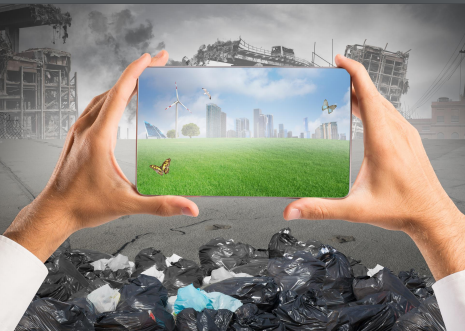
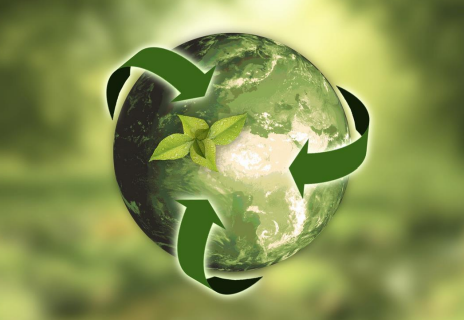
BENEFITS OF HEMP
- Hemp’s rapid growth (growing to 4 metres in 100 days) makes it one of the fastest CO2-to-biomass conversion tools available, more efficient than agroforestry
- 1 acre of hemp creates the equivalent pulp of 4 acres of trees; it takes 1 year to grow the hemp and 20 years to grow the trees
- If we turned 1% of our farmland to hemp, 20 million acres, we could stop cutting down trees for paper
- Hempcrete provides 50-70% energy savings, is fire proof, termite resistant, breathable, flexible and prevents mould and rot
- No fertilizer, pesticides or insecticides required.
- Absorbing 20 tons of Carbon per Hectare, that’s 25 times the amount that a Hectare of Rainforest would absorb, in only 4 months
- Hemp yields approximately double the amount of ethanol per acre as corn and requires only 1/3 of the water with no displacement of food crops.
- Hemp based biodiesel and bioethanol do not emit sulphur dioxide and can be grown on infertile non crop land soild.
- Hemp plants can produce 3x the clothing fibre from hemp as you can from cotton, with half the water usage.
- In bolted down test firing, biodiesel produced 820 pounds of thrust, compared to 840 pounds of thrust generated by conventional RP-1 rocket fuel. Biodiesel could perform even better with modifications to the rocket system.
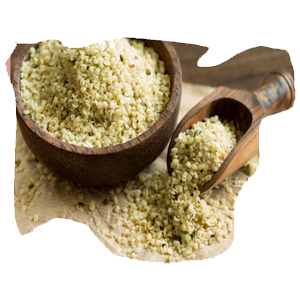
HEMP SEEDS
Hemp is considered one of the world’s most nutritious plants. The seeds are a powerful superfood and contain all of the nine essential amino acids, making them an ideal, complete source of natural, unrefined protein.. The essential fatty acids (both Omega-3s and Omega-6s) are abundant in hemp seeds. Though hemp comes from a variety of Cannabis, the plant contains extremely low levels of THC. It is not possible to use industrial hemp as a drug.
HEMP OIL
Hemp seed oil is used as a remedy for a range of conditions. Some studies show that its nutrients and minerals can contribute to better skin and heart health as well as reduced inflammation.
Below is what research says about the potential health benefits of hemp oil.
- Improved Cardiovascular Health
- Fewer Seizures
- Reduced inflammation
- Healthier Skin
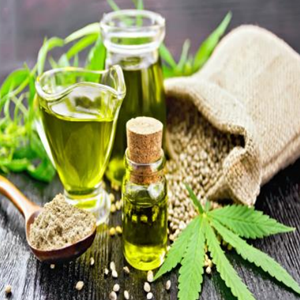
HEMP FABRIC

HEMP PAPER
In 1916, the U.S Government predicted that by the 1940’s all paper would come from hemp and that no more trees would need to be cut down.
Government studies report that 1 acre of hemp equals 4.1 acres of trees, Hemp production is much more time and resource efficient. Plans were in the works to implement such programs. (U.S. Department of Agriculture)
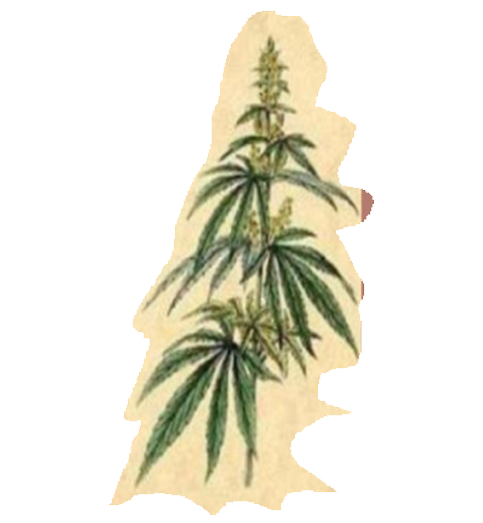
- Hemp’s high cellulose (the main ingredient in paper), means that less plant material is needed to produce the same quantity of paper,
- Trees can take 20-80 years to mature, whereas Hemp only takes four months.
- Hemp paper can be more durable than wood paper, with less yellowing and cracking with age.
- Hemp is easier to harvest than trees.
- The plant is thought to be more effective than any other commercial crop or forestry at converting CO2.

HEMP FOR CONSTRUCTION
Hempcrete is a bio-composite material made from a mixture of hemp hurds (the woody inner core of the hemp plant), lime, and water. It is used as a lightweight and insulating construction material for walls, floors, and roofs.
HEMPCRETE
HEMP INSULATION
HEMP BOARDS
HEMPHENE
HEMP PLASTICS
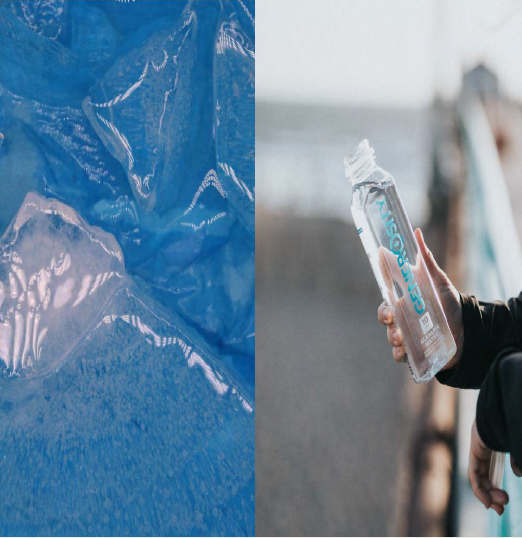
Living in a sustainable building is immaterial, if the lives of the inhabitants do not undergo radical change. SecLink can further support green construction by enabling citizens and visitors to maintain this environmental status with the manufacture of multiple everyday goods from biodegradable, hemp based plastics. These can be made on site, and delivered to local stores, supermarkets and other businesses to ease delivery and implementation.
Our plastics are cost effective, scalable and possess minimal shrinkage qualities or risk of abrasion. Our team will work with you to develop complex polymer mixtures for the toughest manufacturing tasks facing your industry. We are able to supply raw hemp filled polymers (hemp propylene, hemp ABS, hemp ethylene and hemp PLA) or finished materials (packaging, toys, parts, durables and plenty of other plastics).
HEMP PLA
HEMP ETHYLENE
HEMP ABS
HEMP CARBON FIBRE
HEMP FUELS & ENERGY
Seclink believes that no matter how green the new infrastructure appears to be, the way in which people arrive, leave and move around the city is the absolute key to setting new standards in this revolutionary approach to liveability. While the majority of the world’s hemp is currently being grown by private companies for the production of CBD and other cannabinoids with medicinal benefits, Seclink promotes the cultivation of hemp to create transport fuel as well as heat and power for communities.
Biomass can be converted into several secondary energy carriers (electricity, gaseous liquid and solid fuels or heat). The processes employed include direct combustion, hydrolysis, fermentation, gasification and pyrolysis.
HEMP BIOMASS
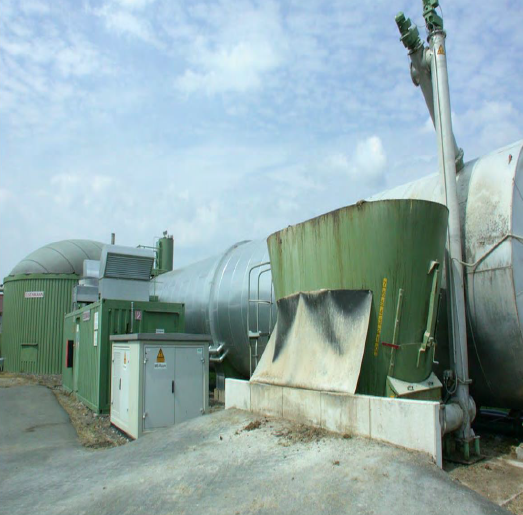
BIOFUELS FOR TRANSPORTATION
Biofuel describes fuels that have been extracted from living matter such as plants and crops. They can be grown anywhere, are not a finite resource and notably have lower carbon emissions. Of these biofuels, the most commonly extracted and used are Bioethanol and Biodiesel. Biofuel is fuel produced directly from hemp biomass and is the only renewable alternative for liquid transportation fuel.
Our hemp fueled power plants do not deplete muchneeded food or water supplies as is often the case with other biomass feedstocks where the crop is competing for land with food crops. Hemp can be grown anywhere (even on derelict and polluted land) and while the stalk of the plant can be utilised for a myriad of other uses.
HEMP BIODIESEL

THE PROBLEM
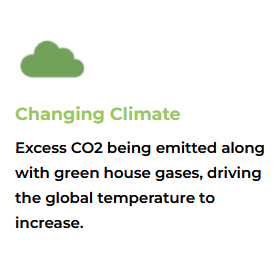
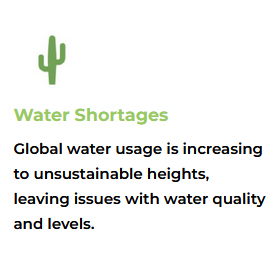
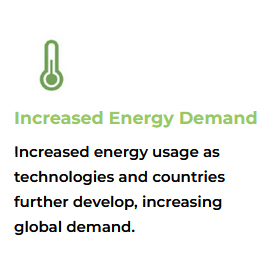
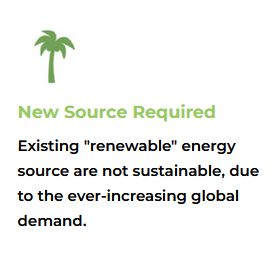

THE SOLUTIONS
Reduced Water
Reduced Water 10 times less water required to cultivate, and process Hemp textiles compared to Cotton. Hemp naturally increases the attenuation capacity of the fields, through It’s root density.
Zero Inputs Required
Hemp does not require any fertilizers , pesticides or additives. Reducing ground water contamination and CO2 emissions
Carbon Sequestration
Hemp will bio absorb 25 times the CO2 of the same sized forest. 1 Hectare of Hemp will absorb 15 Tons of CO2 during its growth.
Explore
Contact
DUBAI OFFICE Citadel Tower, 38th Floor, 3808, Business Bay, Dubai, UAE. SINGAPORE OFFICE 20, Upper Circular Walk, #01-32, The Riverwalk, Singapore - 058416. INDIA Office in Mumbai, Maharashtra and Ahmedabad, Gujarat.
© All Copyright 2023 – SecLink Group


